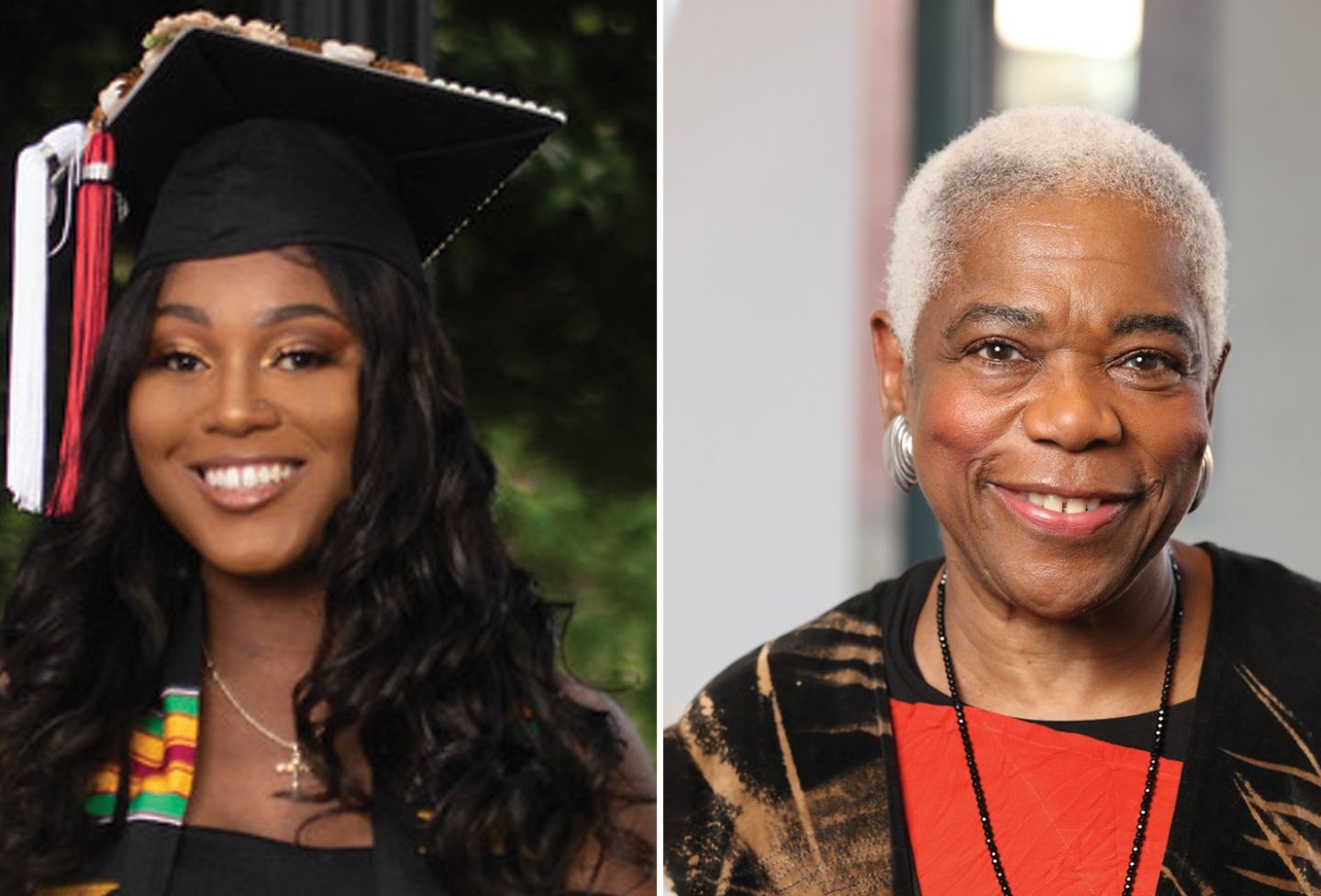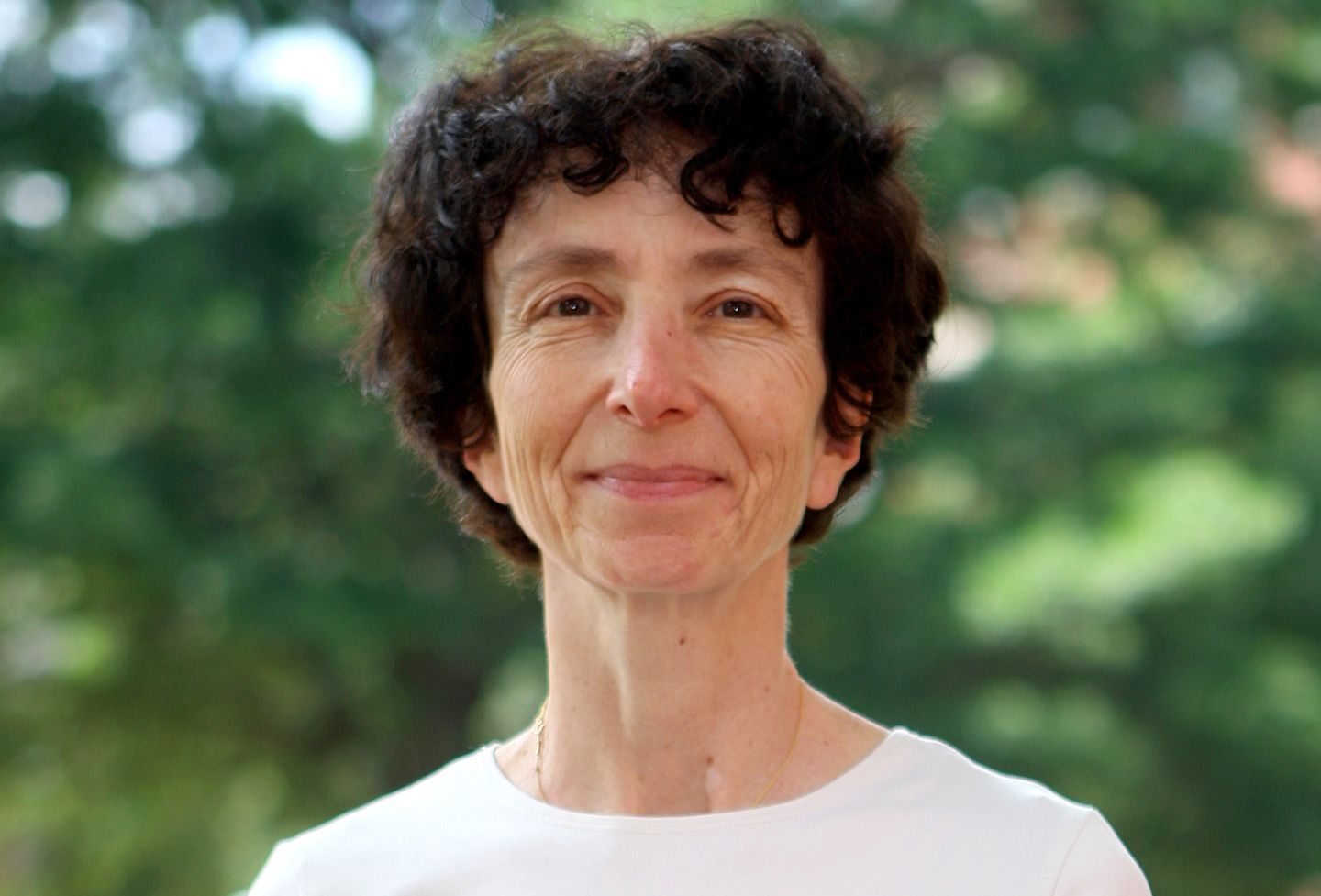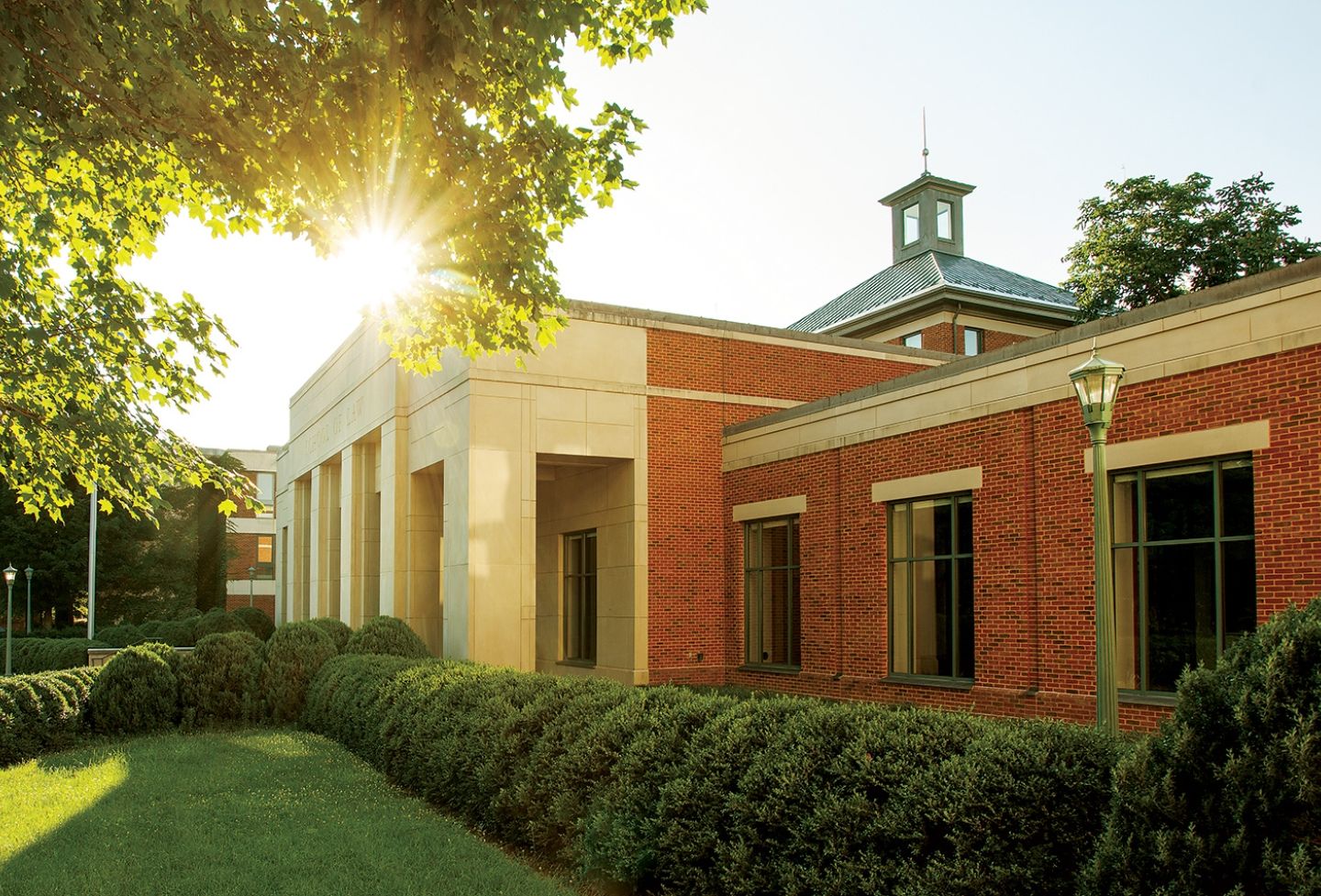To launch the Law School’s bicentennial celebration, Martha Lubin Karsh ’81 and Bruce A. Karsh ’80 made a $44 million gift that renamed and expanded the school’s premier scholarship program, funded endowed professorships, and created the Karsh Center for Law and Democracy, which promotes democratic dialogue, civic engagement and citizenship, and respect for the rule of law.
The largest gift in the school’s history sparked early momentum for the Honor the Future campaign while fueling new intellectual discovery, collaboration, and community across differences, in addition to helping the school attract the best and brightest students.
The Karshes have now committed in excess of $50 million to the institution where they met and earned their law degrees. Most of their gifts have focused on student aid, funding the school’s most generous awards, the Karsh-Dillard Scholarships, named for the Karshes and former Dean Hardy Cross Dillard, a 1927 alumnus and former judge of the International Court of Justice. Matched in part by funds from the University’s Bicentennial Scholarships Program, the awards provide full tuition and fees to recipients for three years.
“Education is the foundation of a healthy, thriving democracy,” the couple said in a joint statement shortly after their historic gift was announced. “We want to empower students to pursue their goals as knowledgeable, engaged citizens, and we want democratic principles to flourish for the good of society. The University of Virginia, established by one of our most respected Founding Fathers and devoted as it is to honor and truth, makes it the perfect place to do both.”
Three new endowed faculty chairs were also announced this year as Martha Lubin Karsh and Bruce A. Karsh Bicentennial Professorships. The chairs will support the research and scholarship of professors Michael Gilbert, Micah Schwartzman ’06 and Mila Versteeg. The professorships, matched in part by funds from the University’s Bicentennial Professorships Fund, will rotate every three years, and are designed to further the mission of the Karsh Center for Law and Democracy.
The center, a nonpartisan legal institute that promotes understanding and appreciation of the principles and practices necessary for a well-functioning, pluralistic democracy, was launched in November with an event featuring retired U.S. Supreme Court Justice Anthony Kennedy, for whom Bruce Karsh clerked when Kennedy was a judge on the U.S. Court of Appeals for the Ninth Circuit.
Kennedy was interviewed by financier-philanthropist David Rubenstein in front of a live audience in Caplin Auditorium. The segment was also recorded for national broadcast on PBS stations and Bloomberg’s “The David Rubenstein Show.” During their conversation, Kennedy and Rubenstein discussed the inner workings of the court, Kennedy’s decision to retire after a 30-year tenure, and the future of the federal judiciary.
“The public will see the system works,” Kennedy said. “Over time, over a very short time, you will see that the system has worked and these justices are working very well with their colleagues.”
Kennedy’s visit exemplified the center’s goal to bring together leaders from public life, as well as from the academy, bar and bench, for intellectual exchange. The Karshes announced, as part of the event, that they were endowing a faculty chair in Kennedy’s name.
Looking ahead, Schwartzman, who also serves as director of the center, predicts the Karsh Center will become a focal point for national conversations about law and democracy.
“The Karsh Center had a great start last year, with the visit of Justice Kennedy, a faculty-student series on the future of the Supreme Court and our first annual May Gathering, a colloquium bringing together faculty from all over the country,” he said. With the addition of the faculty chairs, the center plans to expand its activities this year.
“In recent years—and especially in Charlottesville—we have seen alarming attacks on democratic principles,” Schwartzman said. “In our own streets, we have witnessed shocking assaults on those representing basic commitments to equality, pluralism, and inclusiveness. At the same time, our public rhetoric has become increasingly vicious and polarized, creating conditions in which citizens increasingly cannot hear each other over the noise of partisanship and personal attack. A sustained effort will be necessary to repair this damage over the years to come, and that effort cannot begin soon enough.”
Founded in 1819, the University of Virginia School of Law is the second-oldest continuously operating law school in the nation. Consistently ranked among the top law schools, Virginia is a world-renowned training ground for distinguished lawyers and public servants, instilling in them a commitment to leadership, integrity and community service.


